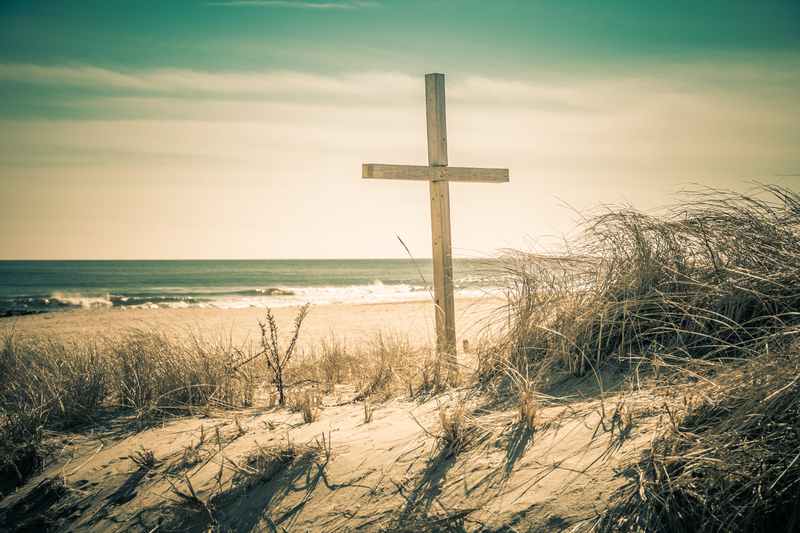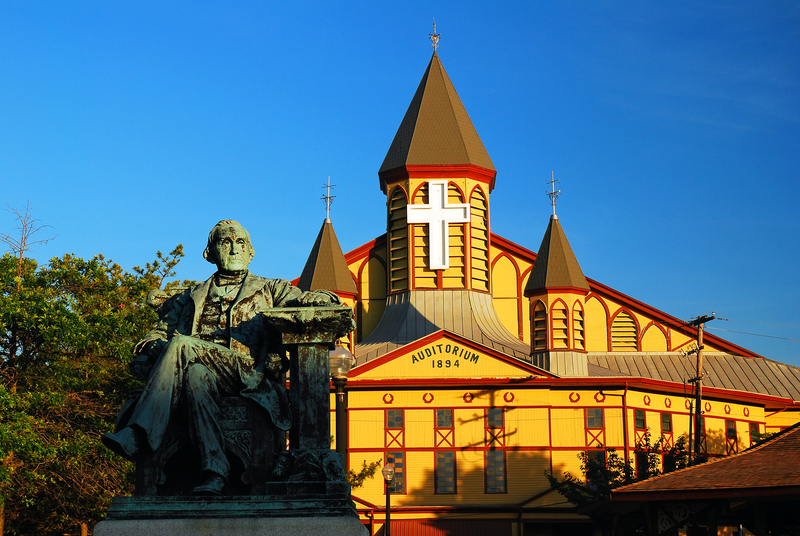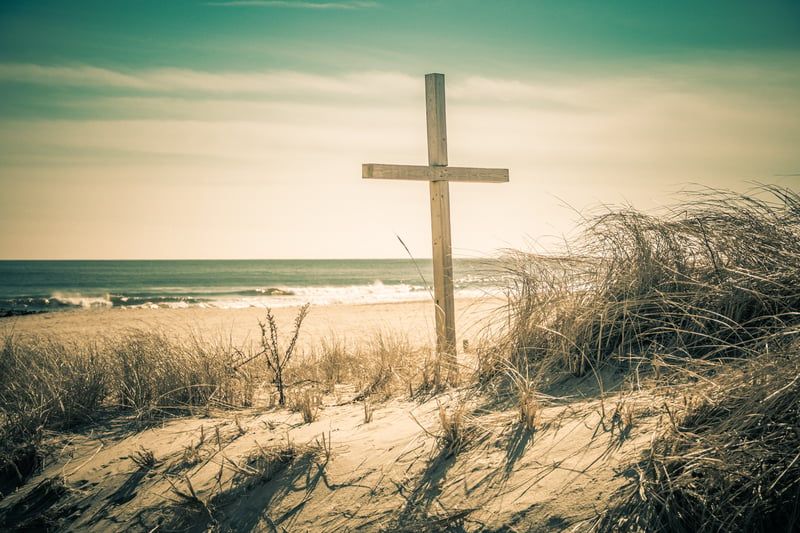
OCEAN GROVE, N.J. – Ocean Grove, New Jersey, is a town that wears its unique history on its sleeve—or perhaps on its steeple. Founded in 1869 by a group of Methodist ministers, this beachfront community was established as a religious retreat during the height of the camp meeting movement, a wave of religious revivalism that swept through post-Civil War America.
The founders envisioned Ocean Grove as a place of spiritual renewal, where visitors could escape the chaos of city life and find solace in worship by the sea.
It quickly became known as “God’s Square Mile,” drawing crowds from New York and Philadelphia for its summer-long religious programs, which took place in large tents and eventually the iconic Great Auditorium.
For much of its early history, Ocean Grove was governed by the Ocean Grove Camp Meeting Association (OGCMA), which controlled not only the town’s religious life but also its civic affairs. Strict laws were put in place to maintain the town’s pious atmosphere, including prohibitions on beach access and driving on Sundays, a practice that continued well into the 20th century.

The town’s governance was so closely tied to its religious mission that it wasn’t fully integrated into Neptune Township until 1981.
However, Ocean Grove’s story doesn’t end with its Victorian past. Like many historic towns, it has evolved significantly, especially over the past few decades.
While the OGCMA still plays a major role in town life, the once rigid religious rules have loosened, and the community has become more diverse.
One of the most visible signs of this change is the presence of LGBTQ+ pride flags in the town—a stark contrast to its conservative roots. This shift reflects broader cultural changes and the growing acceptance of LGBTQ+ individuals within many religious communities.
Today, Ocean Grove is a blend of its historic, religious foundations and modern, inclusive values.
The town’s picturesque Victorian architecture and its reputation as a peaceful seaside retreat continue to attract visitors, but its identity is no longer solely defined by its Methodist origins. The presence of pride flags alongside religious symbols speaks to a community that honors its past while embracing the future.

